|
Did you know that typing whiteboard.explaineverything.com will startup a whiteboard right away on your browser?
0 Comments
When I attended the PoCC conference in Seattle, one of the workshops that stood out described an intensive experience designed for Middle School students. Students were given authentic, developmentally and age appropriate ways to better understand the realities and challenges in regional and national justice and prison settings. My notes from that experience are above.
These were some notes on how to be more 'immediate' with the time, talents, and attention of those who might be called to meetings by you.
Here is a quick whiteboard that was used as an example of active listening while Steve was talking about 'delight' during an online webinar.
The EE team published a helpful list of ideas for using Explain Everything in the classroom. Check it out here!
I was able to hear a presentation by Dr. Joy DeGruy whose research on 'Post Traumatic Slave Syndrome' is both clear and impactful.
We have all been in a meeting that could have been handled through email. And we have all been part of an email chain that, due to its complexity and nuance, really should have been handled in a face-to-face (F2F) meeting.
We have all had the experience of getting lost in our work, of forgetting time and restraints, of reaching what might be called a flow state — and receiving a phone call or hearing an alarm on our computer or smart phone that calls us away from that work. To a meeting. Perhaps even more damaging, and less easily recognized, we have all been prevented, time and time again, from reaching that flow state because we are constantly watching a clock or looking at our calendars or setting alarms or asking colleagues to interrupt us. Our awareness of impending meetings, and our constant need to plan for them or keep track of them, can act like an ankle bracelet keeping us under a constant, low-grade house arrest. Our leaders serve us best when they think about our time and our talents — how to save the former and give us the greatest opportunity to develop, exercise, and share the latter. Meetings often have the opposite effect; executed poorly, organized around the wrong set of tasks, or calling together the wrong group of colleagues at the wrong hours of the day, meetings can waste time, grind good people down, and reduce opportunities for people to share their talents. And regardless, this was more than a sales transaction. It was also a teaching environment. The business development executive knew that, even if he didnt’ articulate it to himself or to the customers. He had acquired information about two people who were trying to understand, so as to act, and he was using that information the way a good teacher would — when it could shift understanding and behavior in a manner that actually improved an outcome for a learner. Because, in the case of dining room tables, the customers were nothing if not learners — two people processing information as quickly as possible and trying to use it to take the next step in a project or task.
|
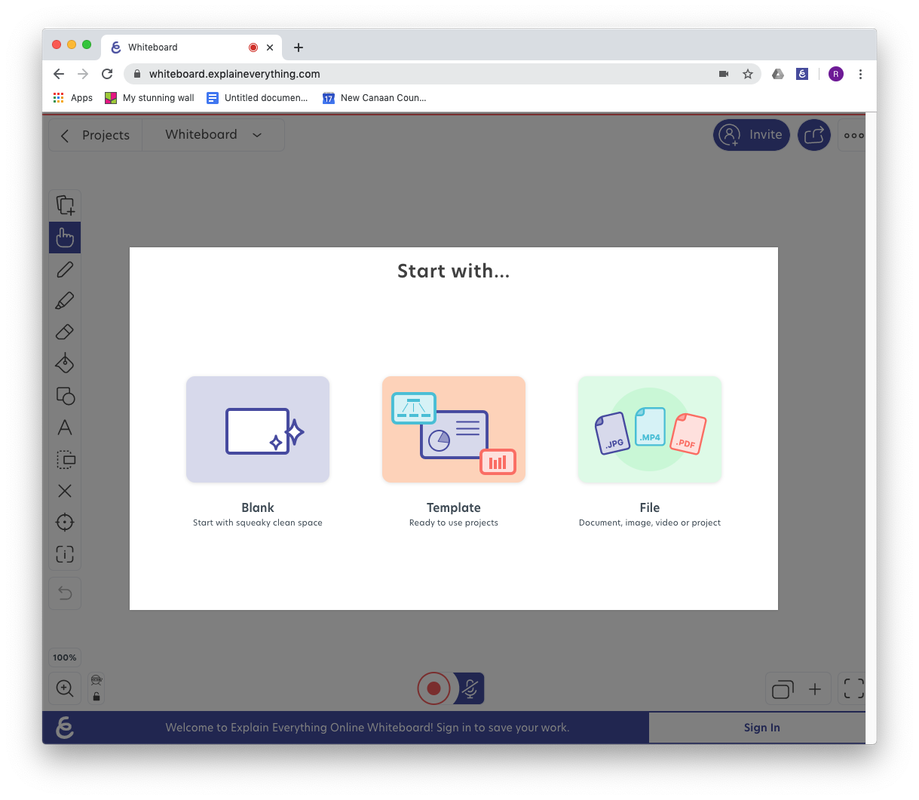
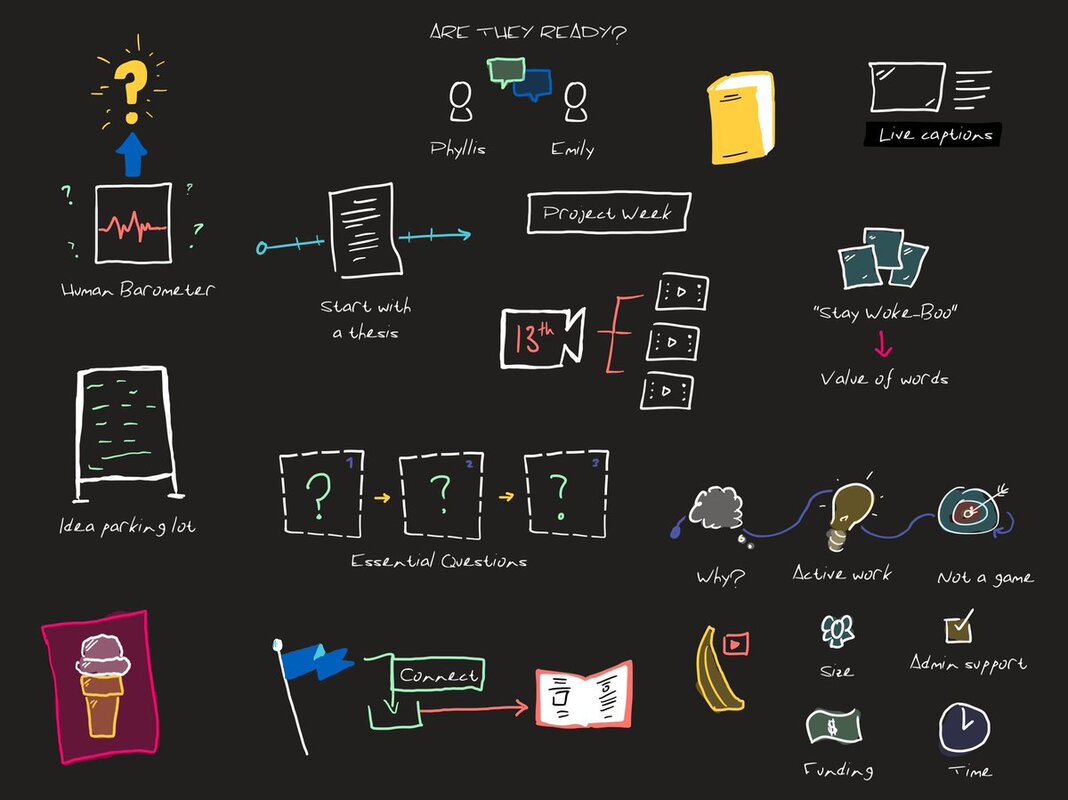

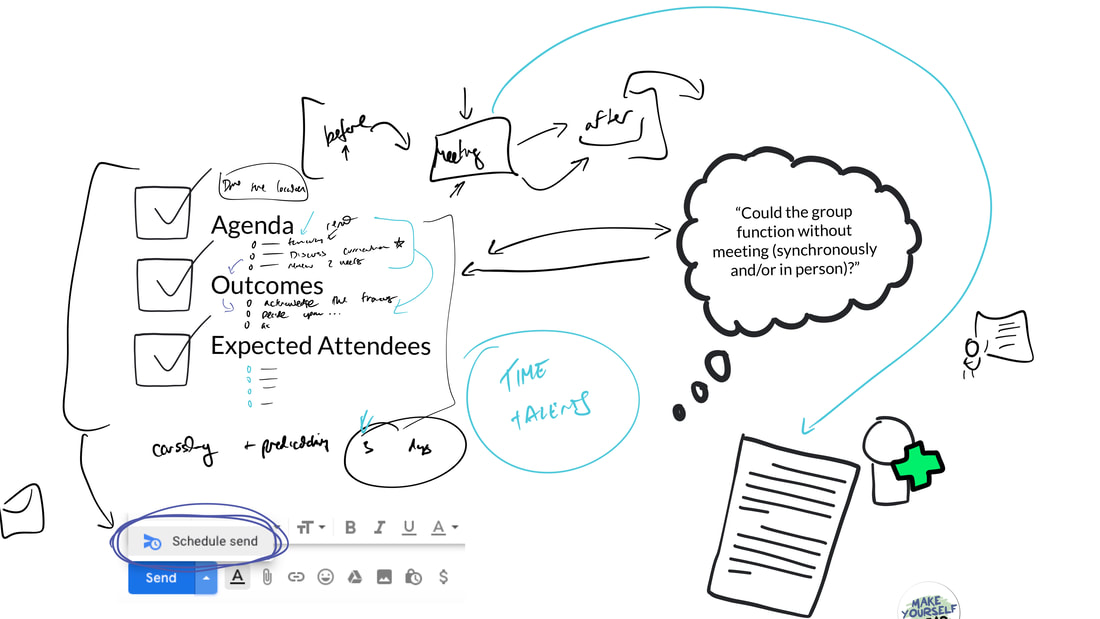
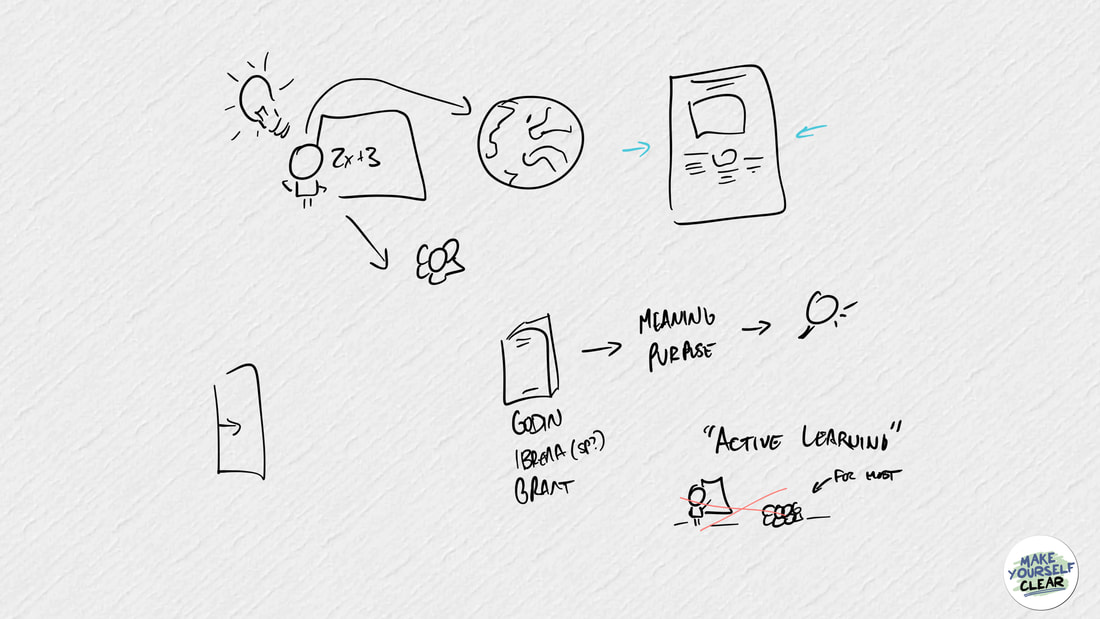

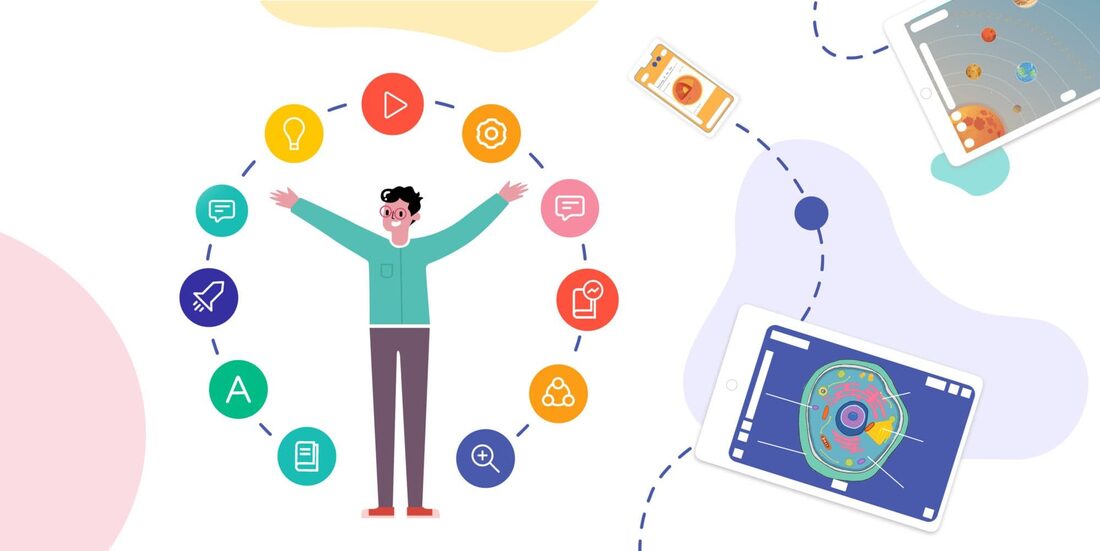

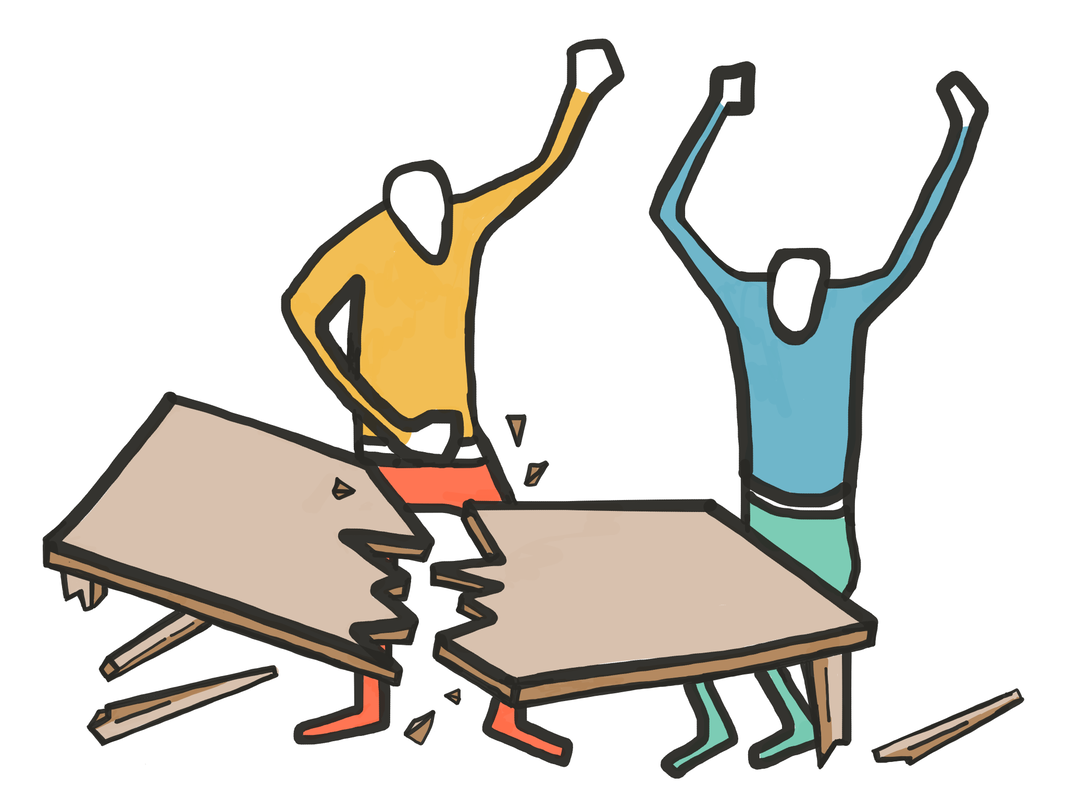
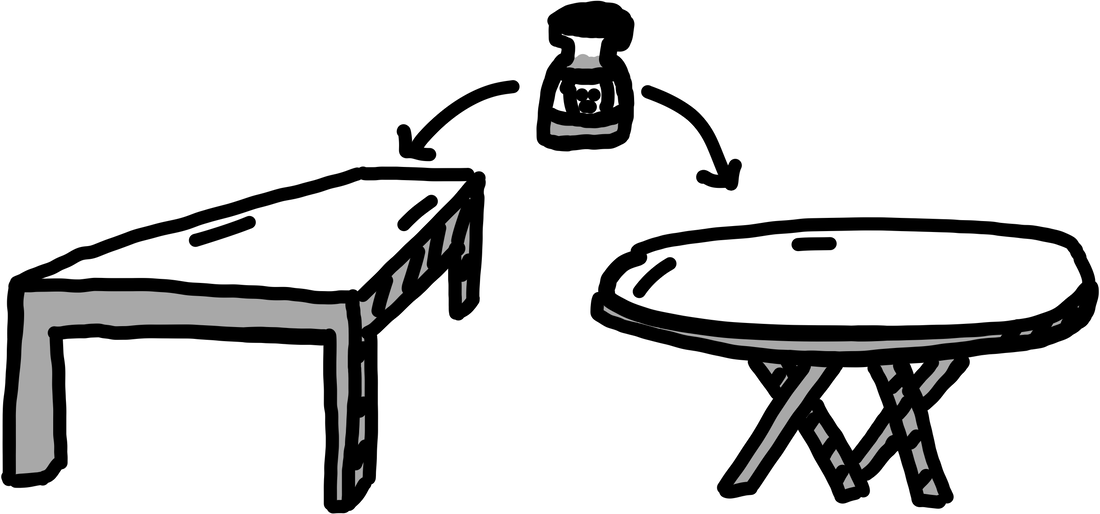
 RSS Feed
RSS Feed
